Photographs: Punit Paranjpe/Reuters Surajeet Das Gupta
The aviation ministry’s seat-sharing deal with Abu Dhabi reflects a puzzling and selective generosity.
The civil aviation ministry’s policy on bilateral seat-sharing agreements with other governments flies in the face of logic and consistency. Here’s why.
In May, it granted Abu Dhabi a four-fold increase in seat capacity over three years ostensibly to help Indian consumers and teach Indian carriers to compete.
In June, ministry officials said similar requests by other countries and their carriers, notably Dubai and Qatar (for Doha), to expand their capacity into India would be on hold till at least November or next year. The reason? To protect domestic Indian carriers!
The fact that the civil aviation ministry can use the same logic to expand seat-sharing agreements in one case and decline to do so in another acquires a different perspective if we consider a parallel development.
The same days as India generously granted Abu Dhabi almost 40,000 additional seats, India’s largest private airline Jet Airways announced that it had sold a 24 per cent stake to that emirates’ national carrier, Etihad.
…
India's discriminating policy in aviation deals
Image: A newly acquired Jet Airways Boeing 777-300ER aircraft sits on the tarmac at Mumbai airport.Photographs: Punit Paranjpe/Reuters
Civil Aviation Minister Ajit Singh was transparent in admitting that the expansion in seat capacity to Abu Dhabi was allowed to help an Indian carrier, Jet Airways, which wanted to expand capacity and use Abu Dhabi as a hub to fly to the US and Europe.
At the same time, he admonished state-owned Air India, for whom West Asia is a big market, for complaining. He argued that Air India has very limited operations today on this route, so passengers would suffer if more seats were not available.
Fair enough, but if more connectivity leading to more competition is good for consumers, as Singh has argued, then why the pullback on other sectors? How come the same logic doesn’t hold for other destinations in West Asia where airlines like Emirates or Qatar Airlines have used their entire bilateral capacity and have been desperately looking for more seats to fly to India for far longer than Abu Dhabi?
…
India's discriminating policy in aviation deals
Photographs: Fabian Bimmer/Reuters
So is the ministry protecting Jet and Etihad by stifling additional capacity growth in other West Asian markets, so that Abu Dhabi grows as a hub?
After all, roughly 75 per cent of passengers travelling from India to that city transit to other destinations (usually Europe and the US) and it is no secret that Abu Dhabi wants to be an alternative hub to Dubai.
In West Asia, Dubai has been the preeminent hub for Indians travelling to US and Europe. Dubai-based Emirates Airline has a 13 per cent share of the international market from India; Etihad does not even have a two per cent share.
But Dubai’s entitlement of 54,200 seats a week has been exhausted by Emirates and flydubai, a low-cost airline. Both airlines fly from India with high passenger load factors (or capacities) of 86 to 94 per cent throughout the year and more than half of them go onwards to other locations.
…
India's discriminating policy in aviation deals
Image: Emirates A380.Photographs: Reuters
More to the point, Emirates has been asking for more capacity for the past year, with a request for at least 20,000 seats immediately, to begin with.
The airline has also tried – and failed – to convince the Indian government to allow it to fly A-380s with more seats. Emirates wants to fly to Jaipur, Amritsar and Pune and flydubai to five new destinations, including Varanasi, Nagpur and Mangalore.
If Dubai’s capacity expansion is not allowed this year and delayed, the chief beneficiary will be Abu Dhabi and Jet- Etihad. With 13,600 seats currently, it will get an additional 11,000 seats this year in the first phase of entitlements taking its total tally to 24,600 this financial year.
That will substantially halve the gap between Abu Dhabi and Dubai as hubs in terms of seat capacity. If the government continues to deny Dubai additional seats expansion these numbers could change even more dramatically. By the end of 2015-16 Abu Dhabi would clearly become a force to reckon with as a hub in West Asia with over 50,000 seats per week, nearly bringing it on a par with Dubai.
…
India's discriminating policy in aviation deals
Image: Business class cabin of Qatar Airways new Boeing 787 Dreamliner.Photographs: Reuters
In any case, say aviation analysts, if Jet wants to use the entire capacity, it will have to deploy over 10 to 12 aircraft exclusively on this route; based on its current fleet capacity this would mean nearly 15 per cent of its current fleet capacity (excluding ATRs).
The question they ask is whether the airlines has the cash to make such a high deployment on one route. And can Dubai, a centre of trade and business for a large Indian population and one of the most profitable routes for airlines, be stifled?
Nor is Dubai being singled out for such discrimination. The Qatar government has been asking for a huge expansion in capacity to its hub in Doha. With most of its capacity exhausted it has demanded a significant expansion, from 24,778 seats to 72,600 a week and wants to create a competing hub in West Asia for Indians.
Now, surely this would have been good for Indian consumers. Yet Qatar has been waiting for the past four years for the Indian government to consider its request. In contrast, Abu Dhabi’s request was granted in less than a month.
The government has also been liberal in accepting the larger figure for expansion in capacity by considering Jet Airways’ demands for an additional 40,000 seats rather than 26,000 seats that Etihad has asked for.
…
India's discriminating policy in aviation deals
Image: A security personnel stands guard as Air India's Dreamliner Boeing 787 taxies upon its arrival at the airport in New Delhi.Photographs: Mansi Thapliyal/Reuters
And despite the ministry’s contention that it will only support the expansion of Indian carriers the same logic is not being applied to the India-Dubai route for which all Indian carriers – IndiGo, Air India, SpiceJet and Jet – have demanded over 15,000 additional seats because demand has been growing and Indian airlines are running at passenger load factors of over 85 per cent.
This demand from airlines cannot be met within the existing bilaterals as only 4,000 seats from the Indian side remain unused.
The reason for the clamour to Dubai is understandable. It is one of the most profitable routes from India despite being serviced by over 63 direct flights a week from, say, Delhi.
According to airport data, the yield per seat per kilometre from Delhi to Dubai is Rs 3.91, on a par with London or Singapore despite the number of flights being double that of the other two destinations.
And it is more profitable than New York, Frankfurt or even Bangkok. Thus, even if more flights are added, demand follows and there is no fall in yields.
So if the civil aviation ministry uses the same logic as it did in allowing expansion in seat-sharing capacity on the Abu Dhabi route, it should be at the negotiating table to open up other bilaterals to meet their demands.
Instead, it has chosen to close the doors for the time being - which surely raises more questions than answers.

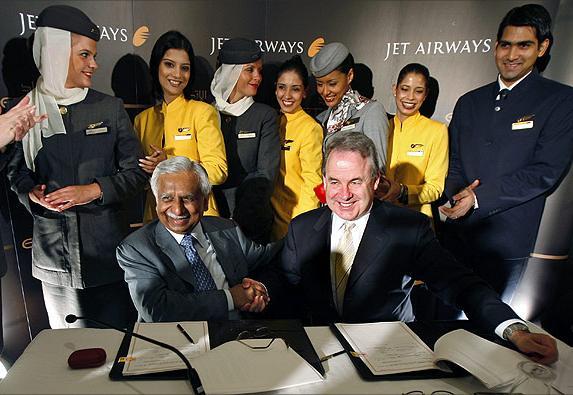
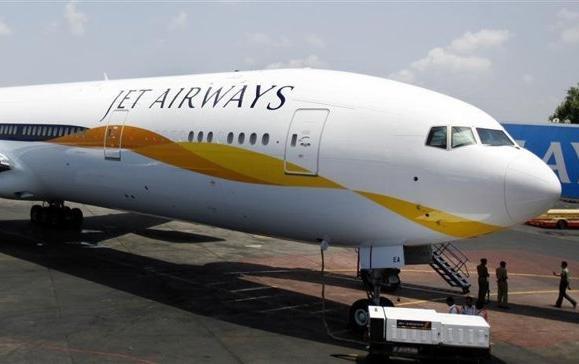
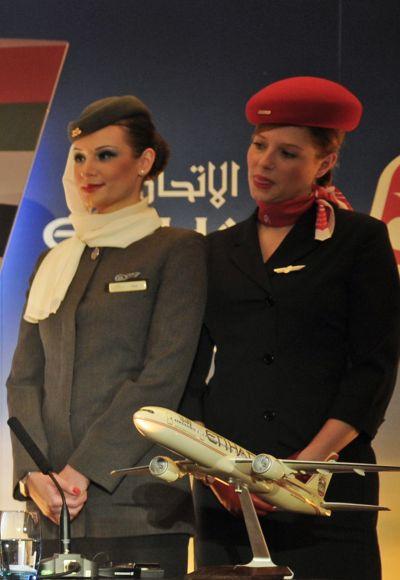
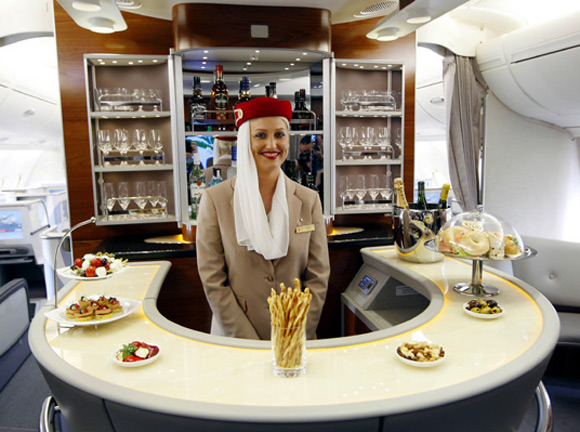
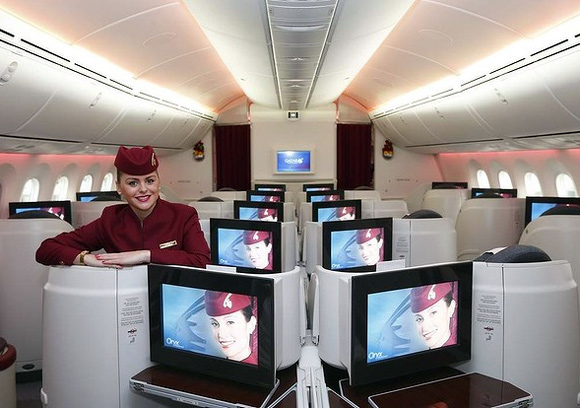
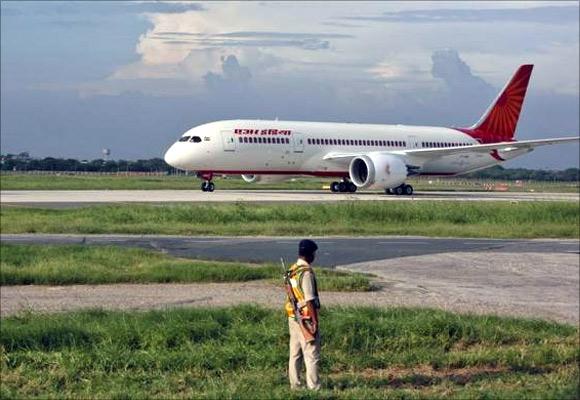

article